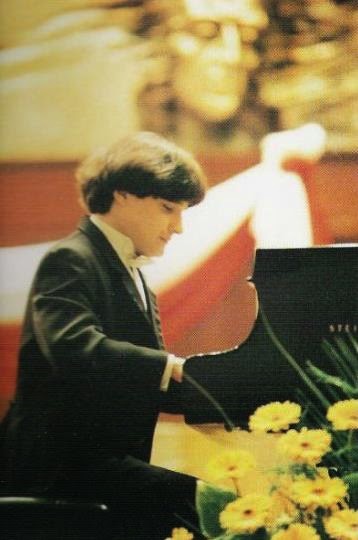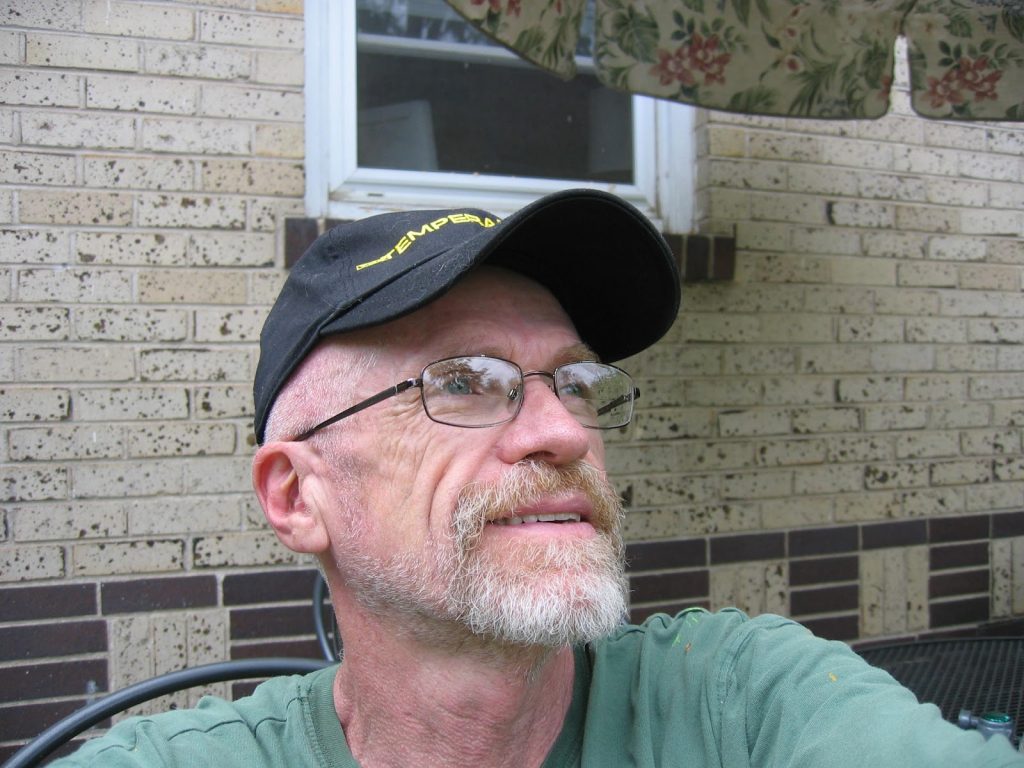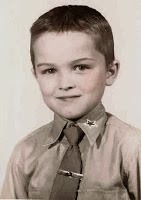with audiences a lifetime of great classical performances on the concert
piano. But then, as the adage states,
“If wishes were fishes, we would all cast nets.” Ironically, and perhaps even tragically in
light of my own desires and emotions, I was gifted with sufficient musical
understanding to be a pianist; however, I never have possessed the pianistic
athletic ability. Succinctly said, my
hands are crap. Performing the
astonishing physical feats necessary to play classical piano requires a special
genetic gift. In my trying to explain to
the uninitiated this irony and my frustration regarding my condition, I often
quote the short poem by Robert Frost, “Forgive, O Lord, my little jokes on
Thee, And I’ll forgive Thy great big joke on me.”
undesirable trait, yet I admit to a lifetime of envy upon viewing those persons
who do possess the qualities that I wished to possess. I recall seeing on YouTube the
fifteen-year-old Swiss pianist Kristian Cvetkovic performing the most virtuosic
piano works such as Franz Liszt’s devilishly hard “Mephisto Waltz No.1.” Those beautiful hands just flowed over the
keyboard with the greatest of ease, strength, and endurance. Kristian, who speaks several languages and
was a pen-pal early in his career, mentioned in passing, “I don’t seem to have
a problem with technique.” To me, that
was rather like Microsoft’s Bill Gates stating, “I don’t seem to have a problem
with money.”
throughout my life when I have envied some person, something happens to
dramatically remind me that such persons are not immortal gods, that some
unseen fate can befall them; and it may be just as well I was not living in
their shoes. Such is the case with the
genius pianist Alexei Sultanov.
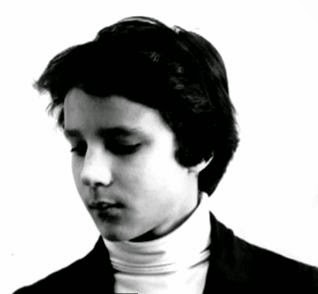 |
| Alexei, Age 11 |
musician-parents in Tashkent, Uzbekistan.
Even as a tiny child, it soon became abundantly clear that Alexei was
gifted with deep intellect, great musical talent, and a physical, pianistic
skill that is very rare. He began his
studies in Tashkent and quickly came to the attention of music pedagogues. His first performance with orchestra was at
age seven. I have a recording of his
playing a Haydn concerto when he was ten and a recording at eleven playing the
very difficult Chopin Revolutionary Étude with astonishing speed and great
power. He soon began studies in Moscow,
which lead to his acceptance in their famous conservatory. By age thirteen, Alexei’s progress was so
remarkable that he performed in an international piano competition in Prague.
teachers felt that Alexei was of high enough technical expertise and musical
understanding to participate in the arduous Van Cliburn International Piano
Competition in Fort Worth, one of thirty pianists chosen from around the
world. His three extensive recital
performances astounded the audience and, apparently, the judges; for, from the
six finalists, he won the gold medal, the youngest pianist to ever face such a
demanding challenge and win.
playing, both musically and technically, with fresh yet valid
interpretations. Denise Mullins, who was the Cliburn
Foundation’s artistic administrator in 1989, stated in an interview, “He
took things to the absolute edge of the cliff, and it was very exciting to
hear. He wasn’t afraid to take a chance
on stage, and there aren’t a lot of pianists who do that.” His fingers never seemed to lose
accuracy, power, or speed. The fact that
Alexei’s fingers were so strong and enduring that he snapped a pair of strings
during his performance of the “Mephisto Waltz No.1” does make one wonder where
such physical gifts come from, especially considering the fact that he was only
five feet three.
performance of this work at age 19, St. Petersburg: http://www.youtube.com/watch?v=1ZH3XQ_cflg )
at the Van Cliburn competition, he was presented with cash awards, a recital at Carnegie Hall, a recording
contract, and sponsored tours throughout the United States and Europe with free
management valued at over a million dollars.
Frederick Chopin Piano Competition.
Then, at the Tchaikovsky competition in Moscow, some judges awarded him
top marks, but other judges apparently deliberately sabotaged his win by
falsely assigning low enough scores to prevent his win. Naturally, Alexei was bitter about the
political unfairness of the event.
Viewers can judge for themselves by watching several videos of Alexei on
YouTube.
Alexei’s performance in Boulder and to suffer yet another moment of unabashed
envy. Alexei certainly lived up to his
reputation, pleasing the audience and amazing them with his pianistic
pyrotechnics. While in Boulder, he
stayed with a wealthy patron of young musicians. She kept a Steinway in her home’s music room
were Alexei could practice while he was there.
I once pretended to play her Steinway when visiting her home.
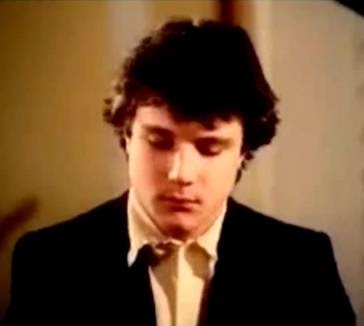 |
| Alexei, Age 16 |
that accompanies my envy struck yet again.
Apparently unknown to Alexei and others, he soon after suffered a minor
stroke. Then in 2001, he felt ill and
dizzy, slipped in the bathroom, struck his head, and exacerbated an already
fragile injury. Then in February, he
awoke to find that he could not speak.
He immediately was taken to a doctor, who discovered severe internal
bleeding in his brain. Alexei slipped
into a coma. The doctors rushed Alexei into emergency surgery. As they struggled to save his life, they
witnessed on the brain-scanner a continuing series of five massive strokes that
destroyed most of the brain’s capacity to communicate with the body or to
receive input from the body. Ironically,
the cognitive portions of the brain remained intact so that, when Alexei
awakened a few days later, he became fully aware of his tragic incapacity. He no longer could speak nor play the piano. The musical genius that astonished audiences
with a blaze of superhuman technical feats was extinguished forever, depriving
us of perhaps another half-century of pleasure.
Liszt piano sonata in b-minor, 31 min.: http://www.youtube.com/watch?v=iWBonbvcjAs )
control of one hand to pick out the melodic lines of the Rachmaninov Third
Piano Concerto, the concerto claimed to be the most difficult written and one
of many with which Alexei once stunned audiences and judges alike.
Citizen. To celebrate, he peformed with
one hand “America the Beautiful” at the ceremony. That was his final appearance and his final
performance in public. He died June 30,
2005 at the age of thirty-five.
listen, I am moved by the sheer beauty of his playing and astonished by his
superlative technique. (Watch the video
of his playing the Tchaikovsky 1st piano concerto, 3rd
movement: http://www.youtube.com/watch?v=TaqQRye3gUI )
longer exist. Here I am, lamenting those
clumsy “feet” attached to my arms instead of the dexterous hands I wish I
had. Yet, at the same time, I’m still
bumbling about at nearly twice Alexei’s age when he died. I envied his ability to perform, but I don’t
envy his tragic end.
2014
and their life stories. I also realize
that, although my own life has not brought me particular fame or fortune, I too
have had some noteworthy experiences and, at times, unusual ones. Since I joined this Story Time group, I have
derived pleasure and satisfaction participating in the group. I do put some thought and effort into my
stories, and I hope that you find them interesting.
